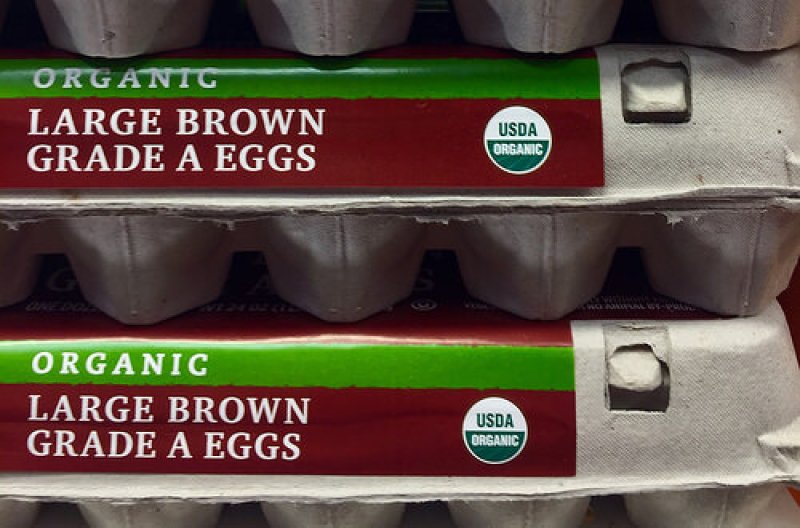I recently learned that Costco is selling “organic protein.” My first reaction was to laugh, because all protein is organic and there’s no such thing as inorganic protein. But I laughed too soon. It seems advocates of organic food have hijacked the word “organic.” They have taken what was once a very precise term in chemistry and have perverted it to serve their ideological agenda.
“Organic” was originally used in chemistry to denote the class of carbon-based compounds found in plants or animals. The opposite of organic (its antonym) is “inorganic”.
Today it has an additional definition: any food that is produced using approved methods of organic farming. To be certified as organic, a product must meet strict USDA standards related to pesticide, fertilizer, and hormone use, soil quality and animal raising practices. Note that this is not a precise definition since it varies from country to country and over time as the required standards change.
…
There’s no evidence that organic food is more nutritious or safer or better for health. People who eat organic foods claim that they taste better, but in blinded taste tests they may not be able to tell the difference, or they may say the conventional food tastes better. And the benefits to the environment remain controversial. With organic farming practices, the yield typically goes down and the price goes up.
…
Words matter. The misuse of the word “organic” has only served to confuse people. Its original meaning in chemistry is clear; its antonym is “inorganic”.
I wish Costco would stop calling their product “organic protein”. It would be more precise to call it “protein produced in accordance with current regulations for organic farming”.
Meanwhile, I will continue to laugh when I see advertising for “organic” meat, eggs, dairy, protein, or other foods that couldn’t possibly be inorganic. Maybe I should cry, but it’s more fun to laugh as I try to imagine an inorganic cow.































